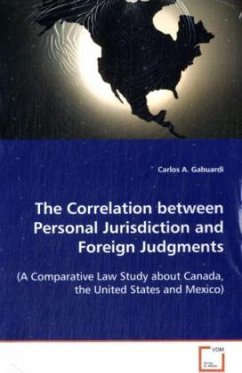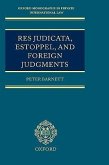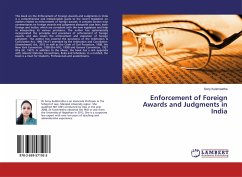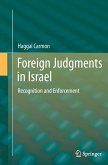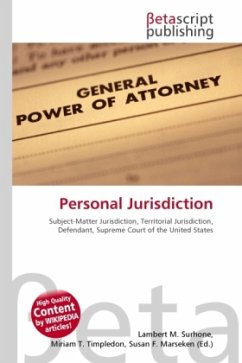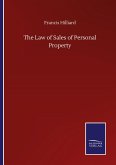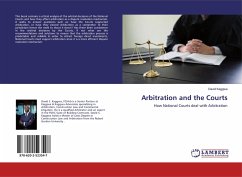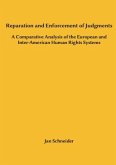This work discusses the correlation between the assumption of personal jurisdiction over non-resident defendants (when the defendant has not appeared before the court, has challenged its jurisdiction or has not expressly submitted to such jurisdiction) and the enforcement of foreign judgments in the three North American countries. Canada, the United States and Mexico offer a very interesting legal microcosm. Canada is a Constitutional Monarchy while the U.S. and Mexico are Presidential Republics. All of them are federal States, but federalism works quite differently in each one of them. Mexico's legal system belongs to the Romano-Germanic Tradition; but most of the U.S. and Canada belong to the tradition of the Common Law. However, there are provinces on both the US and Canada where the Common Law and the Civil Law have to harmoniously coexist and interact with each other. Focusing on the correlation between personal jurisdiction and the enforcement of foreign judgments this work probes on the many lessons that may be learned from this interaction in terms of legal paradigms, approach, concepts, structures, procedures, and actual everyday practice of law.

